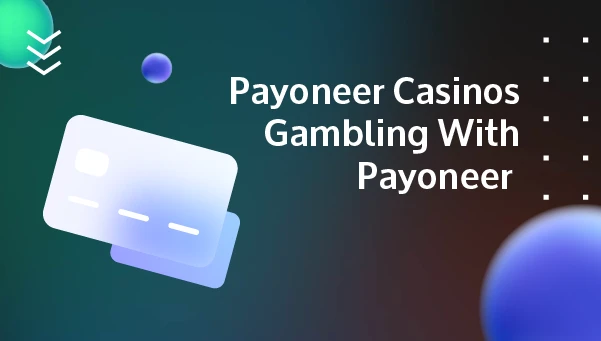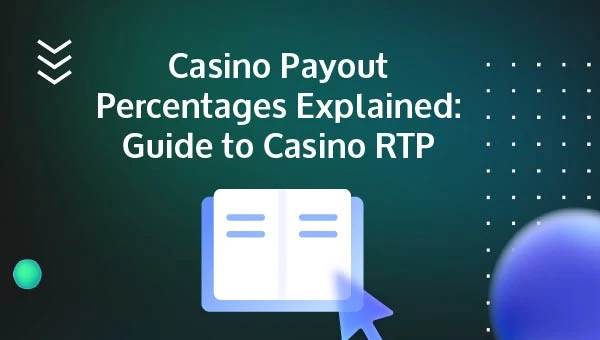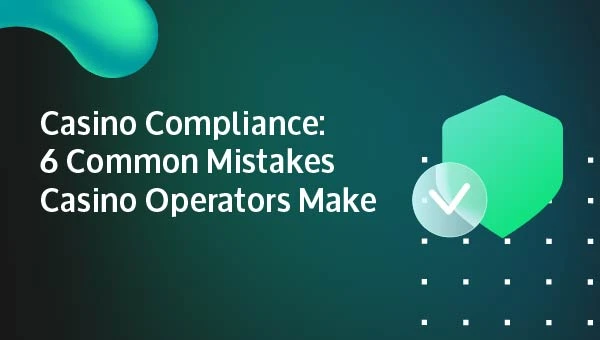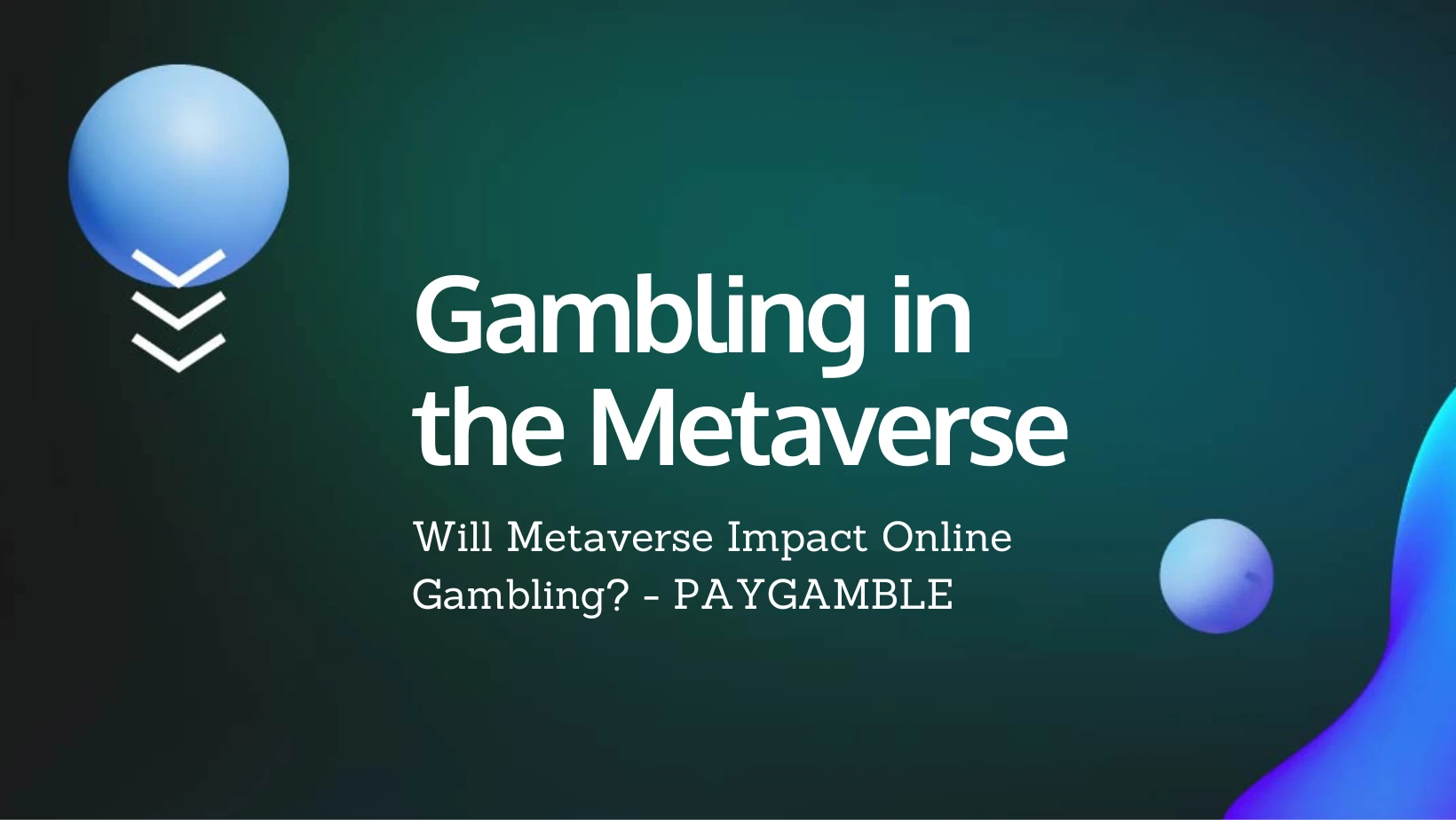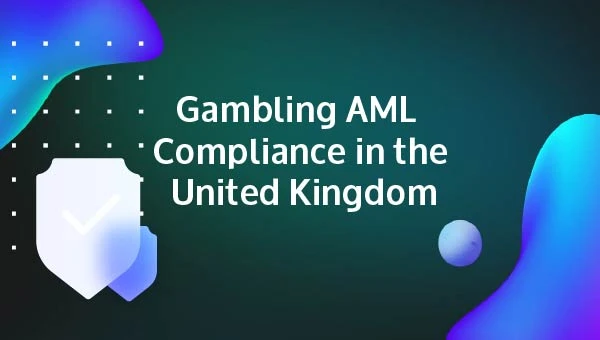Does Gambling Affect Your Credit Score?
Whether you win or lose at gambling, these financial activities aren’t reported to consumer credit bureaus and aren’t included on your credit report. Gambling is often viewed as a pastime, but making risky gambling decisions can indirectly influence your financial structure, including your credit score.
What’s a Credit Score?
An individual’s credit score and financial standings are often misunderstood. These concepts are often mistaken for the same thing. An individual with minimal savings may have an impressive credit score.
A credit score shows the extent of an individual’s responsibility with their credit. The credit report calculates information in a mathematical formula to obtain a specific credit score. This will ultimately determine the probability of an individual paying back a loan timeously.
The relevant financial information includes an individual’s payment history, unpaid debit, type of loan accounts, the duration of these loans, amount of available cash being used, additional credit applications, and occurrences of foreclosure and bankruptcy.
Credit scores are considered when an individual applies for a credit card, personal loan, car loan, mortgage, or other types of credit. The credit score also determines the interest and credit limits. A higher credit score usually allows for more accessible loan qualifications and a preferable interest rate.
How Can Gambling Indirectly Affect Your Credit Score?
You are losing money while gambling can cause an economic domino effect. Limited cash may cause you to struggle with credit card or loan repayments, resulting in additional debt due to accrued interest and financial penalties.
Some gamblers use credit cards for gambling online. These credit card transactions have heavy interest rates, ranging from about 29.9% or more. These charges can be twice the amount of the existing credit card balance. The interest is charged once the transaction has been made. It might be tempting to obtain a Cash Advance. This risky financial decision usually amounts to higher credit card charges and exceeds the interest rate charged on purchases.
As a result, credit card repayments will increase, restricting your cash flow and access to disposable income. This can cause you to miss payments and drive you into more debt. Your financial information can also have a long-term effect on your family members. For example, your spouse’s credit score can be negatively affected.
How Can You Avoid the Negative Effect of Gambling On Your Credit Score?
There are ways to help protect your credit score. Read on to find out what they are:
Say no to Credit Cards
Avoid using a credit card if you’ve chosen gambling as a favourite pastime. This will help avoid high-interest rates and possible gambling losses. Although gambling is a risky financial decision, choosing to gamble with actual cash is a better alternative, as cash won’t have an impact on your credit score.
Pay in Cash
If you’re an online gambler, paying in cash isn’t possible. You can still avoid credit card usage by using a prepaid card or debit card. Ensure the debit card is linked to an account without an overdraft option. This will help to resist the temptation of using funds that don’t exist.
Prepaid cards and debit cards aren’t credit products, and financial information isn’t reported to credit reference agencies. Your credit score won’t be directly affected by using these cards, although indirect consequences can still occur.
Gamble Responsibly
If you are gambling excessively, seek professional assistance, as irresponsible gambling can potentially cause you to spiral into financial debt.
How Can You Improve Your Credit Score When Gambling?
Always ensure that deposit limits have been set to avoid additional expenditure. Gambling alongside irresponsible peers should be avoided, especially when joint casino credit is on offer. Wherever possible, choose cash, prepaid cards, or debit cards as payment methods instead of gambling on credit.
Any gambling debt should be paid off as soon as possible. Fight the urge to continue gambling when debt becomes an issue, as credit agencies are notified about missed payments.
Conclusion
There is no direct connection between an individual’s credit scores and the act of gambling. If gambling is your chosen recreational activity, always gamble responsibly to avoid indirectly putting your credit score at risk.

With a wealth of experience in writing honest reviews about casinos, slots, and sportsbooks, Olamidotun's content is the readers' go-to when choosing an online gaming…
More info on Olamidotun Adeniyi




